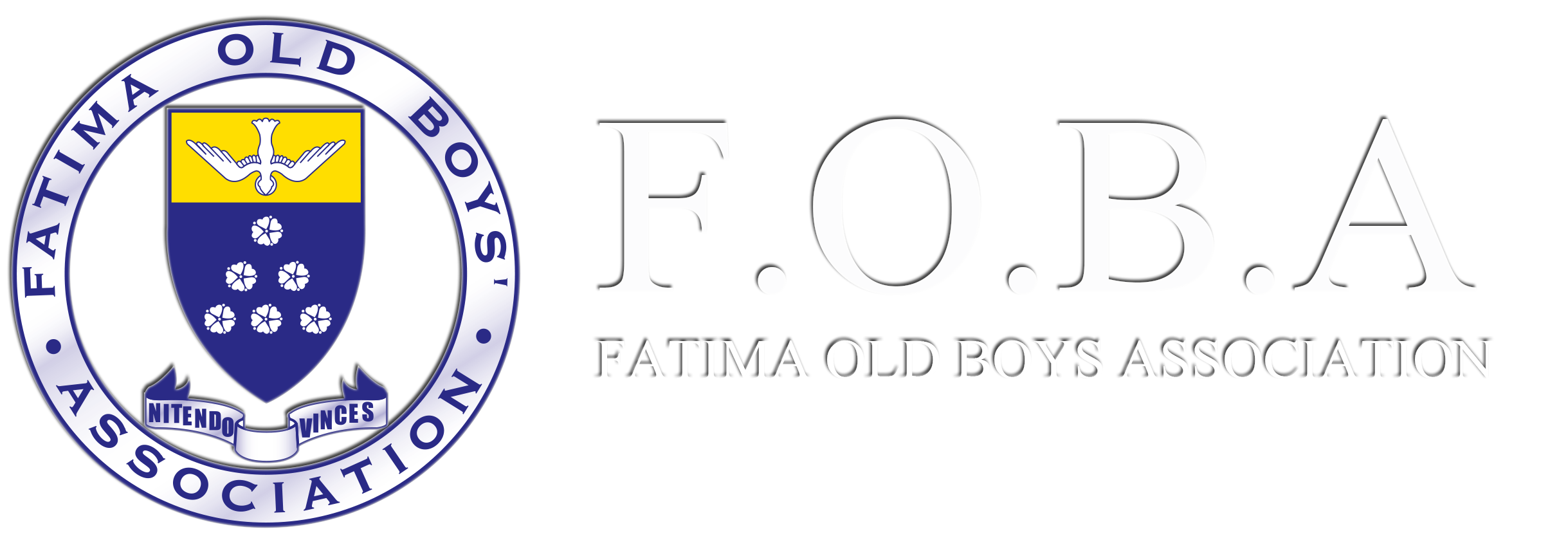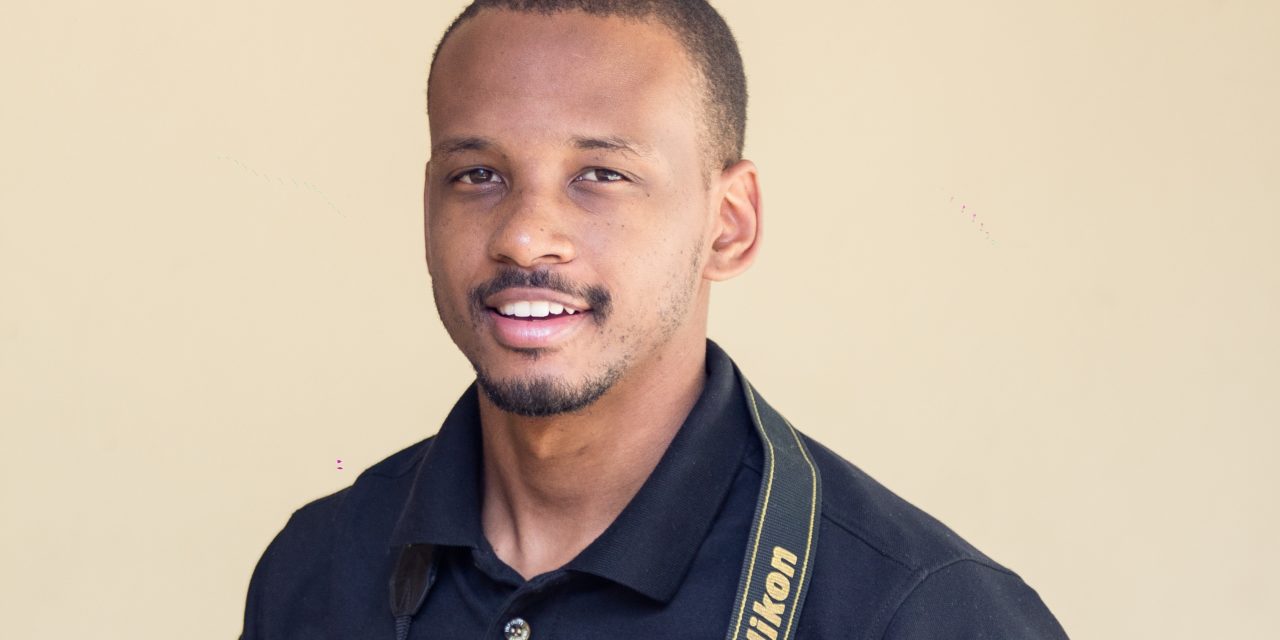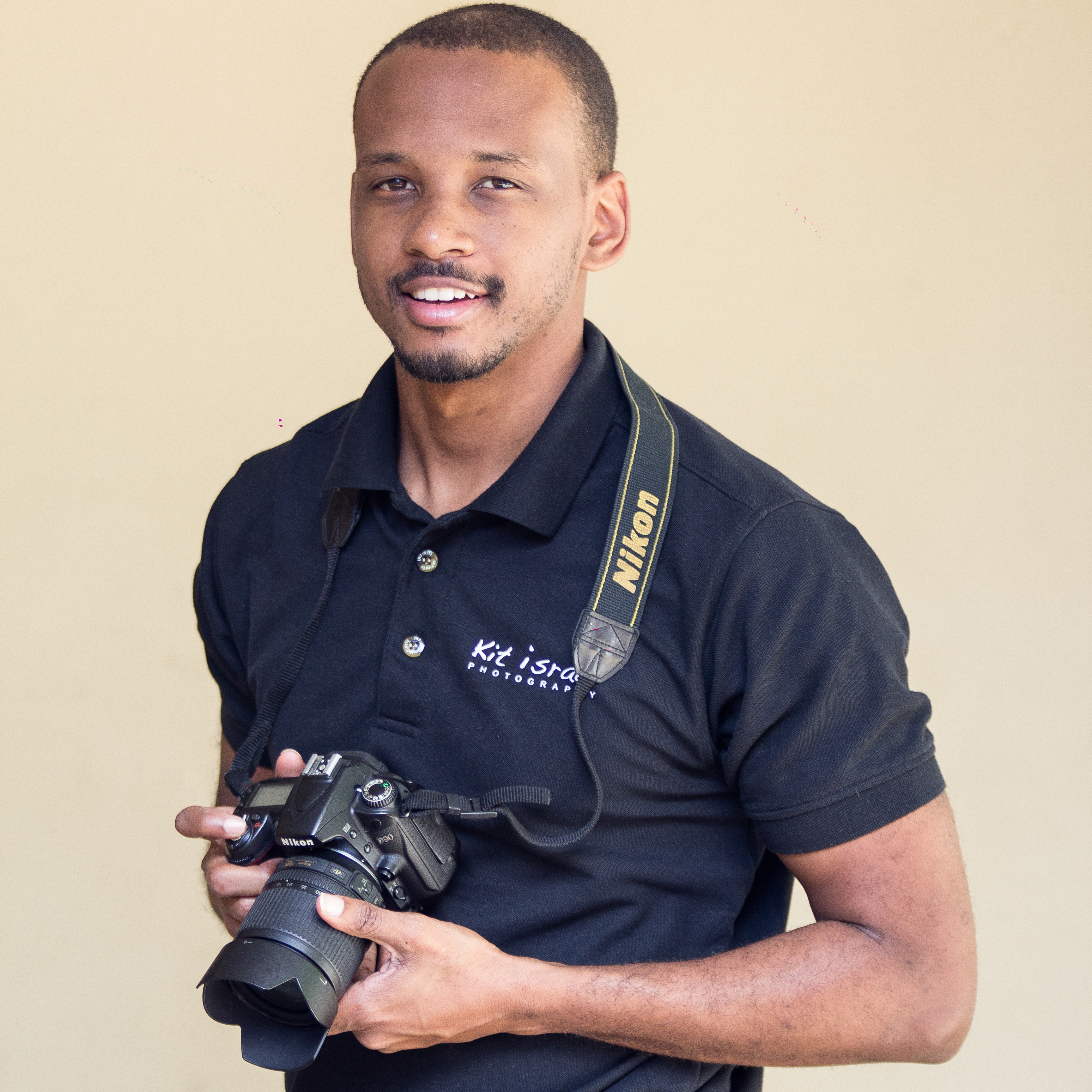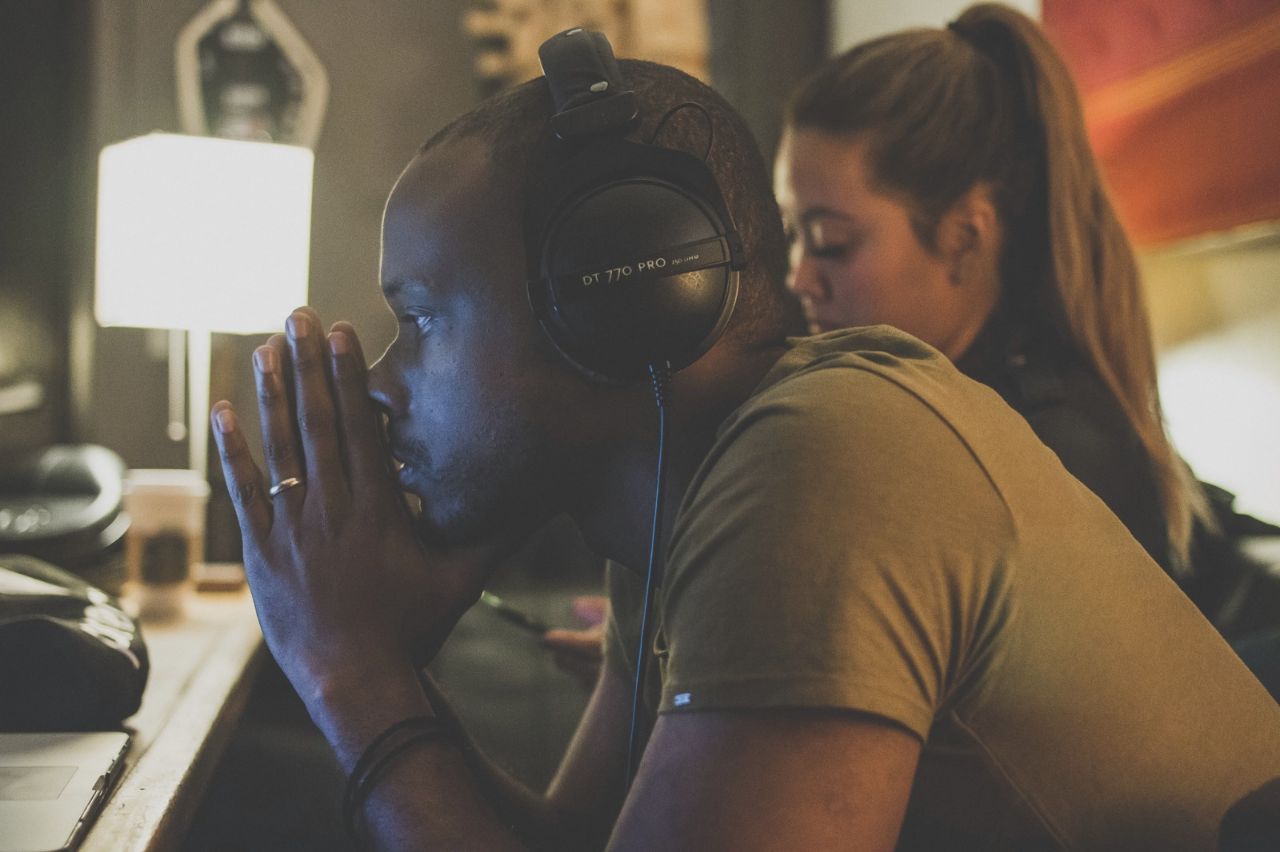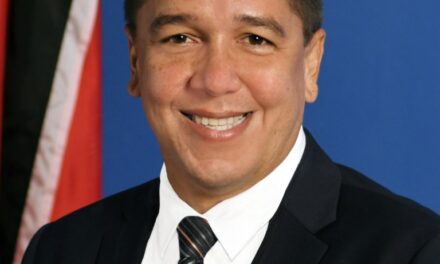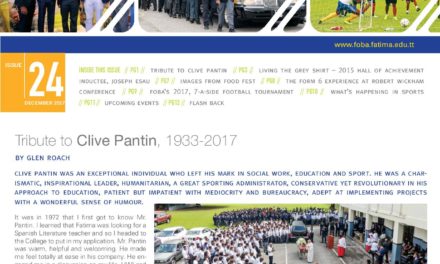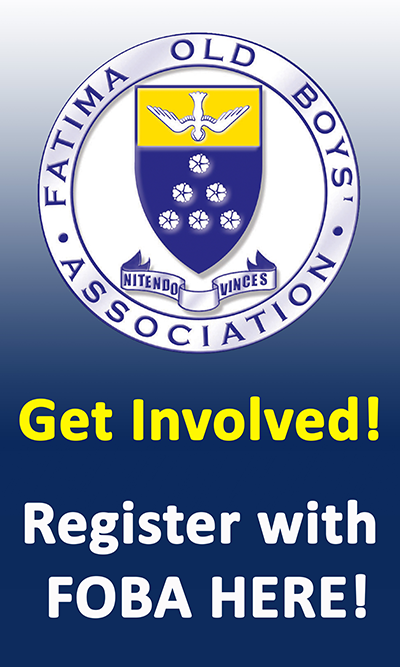- Views 6923
- Likes
By Stefan Roach
Kit Israel attended Fatima from 1997 to 2004.
His company, AdvoKit Productions, is primarily a music productions company. However, Kit undertakes just about anything to do with music creation, including song-writing, background-vocals and advertisement-scoring. His hits include the “Folklore Riddim” (Kes –‘Hello’), “Buss Head” by Machel Montano and Bunji Garlin, and “Ola” by Olatunji on the Kan Kan Riddim.
Q: At what age did you decide that were going to make a career from music?
A: I have been doing music production since I was about 12 years old, but only at around 2012 I started doing it professionally. At about age 27, I decided to make a career from music.
Q: Who or what shaped your early musical development?
A: My dad, Roger Israel, most definitely. He is an outstanding musician and producer as well.
Q: Did you participate in any extra-curricular activities at Fatima College?
A: Yes. I was on the basketball, swimming and water polo teams.
Q: What about Fatima’s school-life made the greatest positive impact on you?
A: I would say my schoolmates had the greatest positive impact. Life’s greatest gifts are great relationships.
Q: Who were your favourite teachers?
A: This is a trick question!! Lol…I would first single-out Father Gregory, Mr. Achille, Mr. Young, Mr. Lee Ha—and then too many more to mention.
Q: Share one quote from the Principal during your time.
A: I think all the Principals said this: “Fatima boys are good boys.” Simple but to us, very telling.
Q: What studies did you pursue after leaving Fatima?
A: I did a degree in Math and Post-grad in Geoinformatics.
Q: Do you need to be a good musician to be a music producer?
A: Technically, no. But being a good musician helps guide the production and selection of melodies and tones. So to be a good producer, one would need to be at least a competent musician.
Q: Can creativity be learnt or are you just born with it?
A: I think it can be learnt. Though I have a lot of musical background from my family, I apply a lot of Math to analyze and formulate types of songs. To some degree, it can be learnt but of course it does help if you have a natural talent for it.
Q: What other talents do you have, apart from music production?
A: I did Photography professionally as well, so I guess we can consider that a ‘talent’?
Q: Would you describe ‘Buss Head’ as your breakout hit?
A: Respectfully, no. Olatunji – Ola on the Kan Kan Riddim was more so the breakout hit.
Q: What impacted your career more: ‘Buss Head’, or the “Folklore Riddim’.
A: I think Folklore Riddim had a bigger impact. Kes – ‘Hello’ is really proving to be a monster hit for Soca.
Q: What other popular songs have been credited with your inputs?
A: Some of the writing or production work done:
- Machel Montano – Human, Wake Up, Beat It, Memory
- Aaron Duncan – Can you Feel It
- Road Trip Riddm, Intercol Riddim
- Kan Kan Riddim – Olatunji – Ola, Benji Phenomenal, Flipo – Her Love, Sekon Sta – The Best
- Timaya – Bang Bang
There are more, but those are the few I can recall from top of my head.
Q: Is it right to assume that most of your Carnival music is created before Carnival season? What keeps a producer busy during the actual season?
A: I guess we as producers define the season a little differently. Our season begins from September and that is usually when the first releases come out. So with that said, though a lot of music is made before the Carnival season most of the productions are actually completed between September and December.
As there are so many other Carnivals (Cropover, Toronto CARIBANA, St. Lucia, etc) around the world, there are always projects to work on. Aside from working on songs, there is corporate work (i.e. advertisements) that keeps some of us busy as well.
Q: When you create a ‘Riddim’, do you have specific artistes in mind or do you shop around for artistes after the creative process?
A: We usually have artists in mind. It doesn’t always work out that way though. We market the material to the intended artists and compose the songs either for them up front or write it with them. If they don’t accept the project, we try to find a similar voice to represent it. It is usually a pretty long trial-and-error process.
Q: Does a music producer also write the lyrics?
A: The typical producer does not write lyrics; however, most are capable of doing that as they are in the environment all the time.
Q: What are the various ways music producers earn their income?
A: There are a few ways music producers can earn income:
- Through royalties and sales—Copyright/Publishing, Master rights, iTunes, Stopify, etc.
- Through Synchronization opportunities—Placement in ads or movies, etc.
- Through up-front sale of the music, as the client pays for the song to be produced
- Through competitions—Soca Monarch, Road March, etc. (percentage of the artist winnings)
Q: Do Music Producers put in all the hard work in the background whilst the artistes reap all the financial rewards and praise?
A: This is a complex area because there are some instances when it feels like that, but others when it does not. It really depends on the relationship and agreement made with the artist. Yes, the producer is in the ‘background’, but once you make the right deals everyone wins.
Q: What are the challenges of working with some of T&T’s artistes?
A: Well it is work, so I guess there’re the same challenges that anyone would have in collaborating on a project. The two that stand out would be:
1) Different opinions and vision for the song
2) Differing business practices
Q: Any special shout-out to an artiste that you really enjoyed working with?
A: Not doing “preferences”, but definitely Kes and Machel. They’re both super- talented and musical geniuses.
Q: Is Calypso dead?
A: The old-fashioned traditional type perhaps…but Calypso is not dead.
Q: The art of social-commentary seems to have found a comfortable place in some of our mainstream Carnival party music. Voice, the artist, Ultimate Rejects – Full Extreme and even Blaxx-Hulk come to mind. Do you think that Mainstream Carnival music is evolving away from being purely party music to something more responsive to societal challenges?
A: Just like Calypso, social commentary is part of our style of treating with music-making. But to be absolutely fair, ‘party’ music is part of our reservoir as well. So, I don’t think it’s evolving to be more of one or the other. Both have their place, and it really is about balance.
Q: Describe your family.
A: I am married with 2 boy children. One is seven years old and the other two.
Q: Would you be ok with one of your sons also choosing a career in music?
A: Most definitely! I would try to make things better before he does, but I would be totally supportive of it.
Q: Any advice to a Fatima student interested in a career in Music Production?
A: The best advice that would probably apply across the board is to “know yourself.” Your talents and passions will guide you. As with any business, it is not going to be an easy journey, but you are defined by the work done today and the more focused it is, the better your chances are in the future.
To be quite frank, if you are not really interested in music or don’t think about it before you sleep and first thing after you wake up, ad you’re willing to forgive it when things go bad, then don’t fool yourself with the hype.
Another important piece of advice would be to help as much as you can, even if it is for free. In helping you will learn and build relationships that matter!
The key to success in my opinion is being of genuine help.
The old ‘cast your bread on the waters…’!
